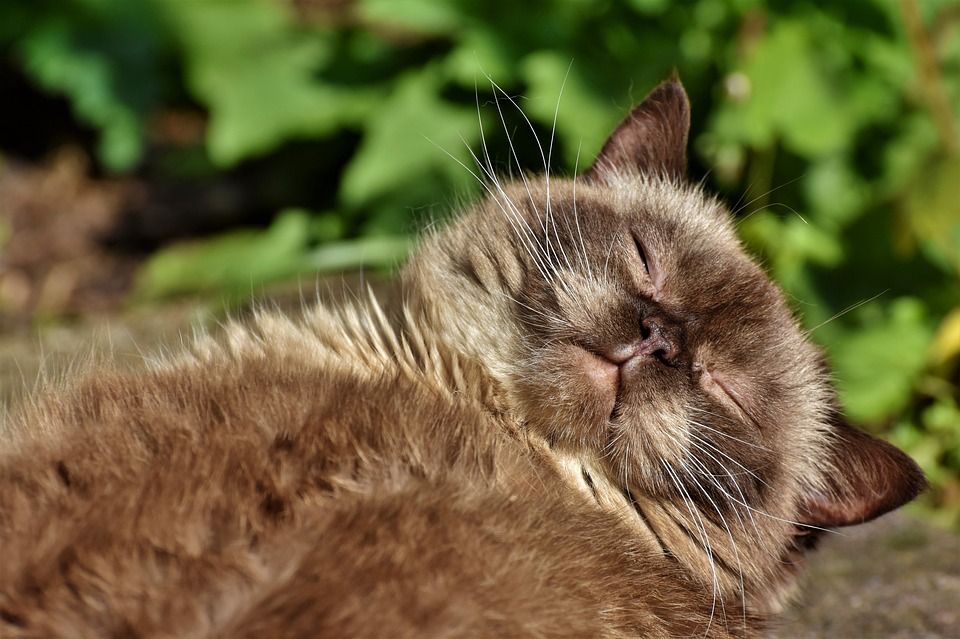Protein plays a vital role in a cat’s diet, as it is essential for their overall health and well-being. Cats are obligate carnivores, meaning they require a diet that consists mainly of animal-based protein sources. This article will explore the importance of protein in a cat’s diet, its benefits, and address some frequently asked questions regarding feline nutrition.
Firstly, it is crucial to understand a cat’s unique dietary needs. Cats are obligate carnivores, meaning they have evolved to rely on a diet consisting primarily of meat. Their bodies have adapted to efficiently digest and absorb nutrients from animal-based protein sources. This is why it is important to provide them with high-quality protein from sources such as meat, poultry, and fish.
One essential amino acid found only in animal tissues is taurine. Cats cannot synthesize taurine in their bodies, so they must obtain it through their diet. Taurine is crucial for various bodily functions in cats, including maintaining healthy heart function, vision, and reproductive health. A deficiency in taurine can lead to serious health issues, such as heart disease and vision problems.
Protein serves as the building block for a healthy cat. It promotes growth and development, particularly in kittens. Growing kittens require more protein to support their rapid growth and development. Protein also helps maintain lean muscle mass in cats, ensuring they remain strong and agile. Additionally, protein plays a role in promoting a healthy coat and skin, contributing to a cat’s overall appearance and well-being. It also strengthens the immune system, helping cats fight off infections and diseases.
Choosing the right protein sources for your cat is crucial. Animal-based proteins are considered superior for feline nutrition as they contain all the essential amino acids that cats require. When selecting cat food, it is essential to evaluate the quality of the protein. Factors such as digestibility and bioavailability should be considered to ensure that cats can absorb and utilize the protein effectively. Common high-quality protein sources include chicken, turkey, beef, and fish.
Protein requirements for cats vary depending on factors such as age, activity level, and overall health. Kittens and lactating queens require higher levels of protein to support their growth and milk production, respectively. Adult cats have lower protein requirements but still need an adequate amount to maintain their health. Senior cats may benefit from diets with slightly higher protein levels to support muscle maintenance and prevent muscle loss.
It is essential to consult with a veterinarian to determine the ideal protein requirements for your cat based on their individual needs and circumstances. They can provide guidance on adjusting protein intake to suit your cat’s specific requirements.
In the frequently asked questions (FAQs) section, common concerns regarding a cat’s protein intake are addressed. This includes whether a cat can consume a vegetarian or vegan diet, the risks associated with feeding too much protein, the difference between wet and dry cat food regarding protein content, what to do if a cat has a food allergy or intolerance to certain protein sources, and whether homemade diets or treats can be used to supplement a cat’s protein intake.
In conclusion, protein is crucial for a cat’s health and vitality. It plays a vital role in promoting growth and development, maintaining lean muscle mass, supporting a healthy coat and skin, and strengthening the immune system. Choosing high-quality animal-based protein sources and consulting with a veterinarian to determine the ideal protein requirements for your cat will ensure they receive the nutrition they need to thrive.








